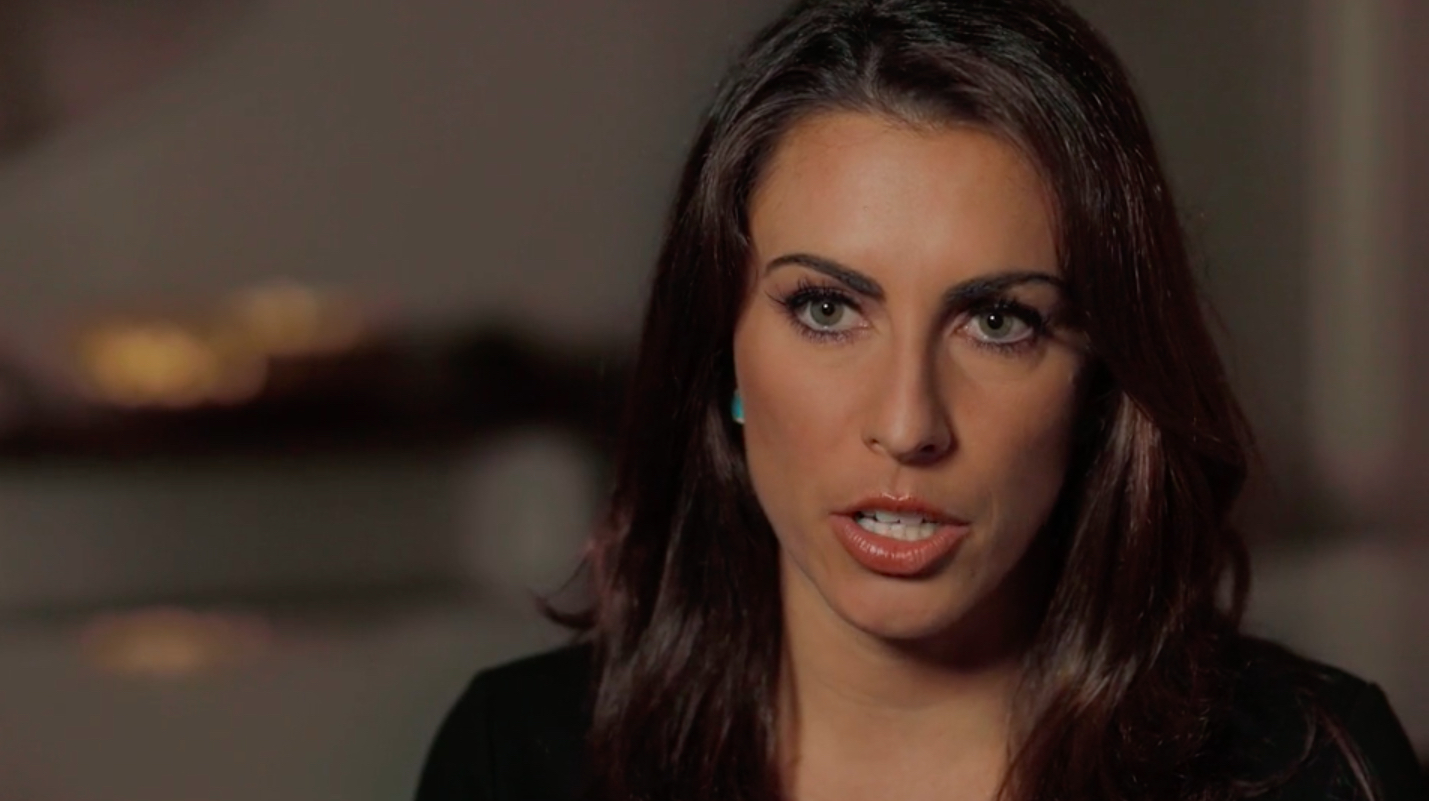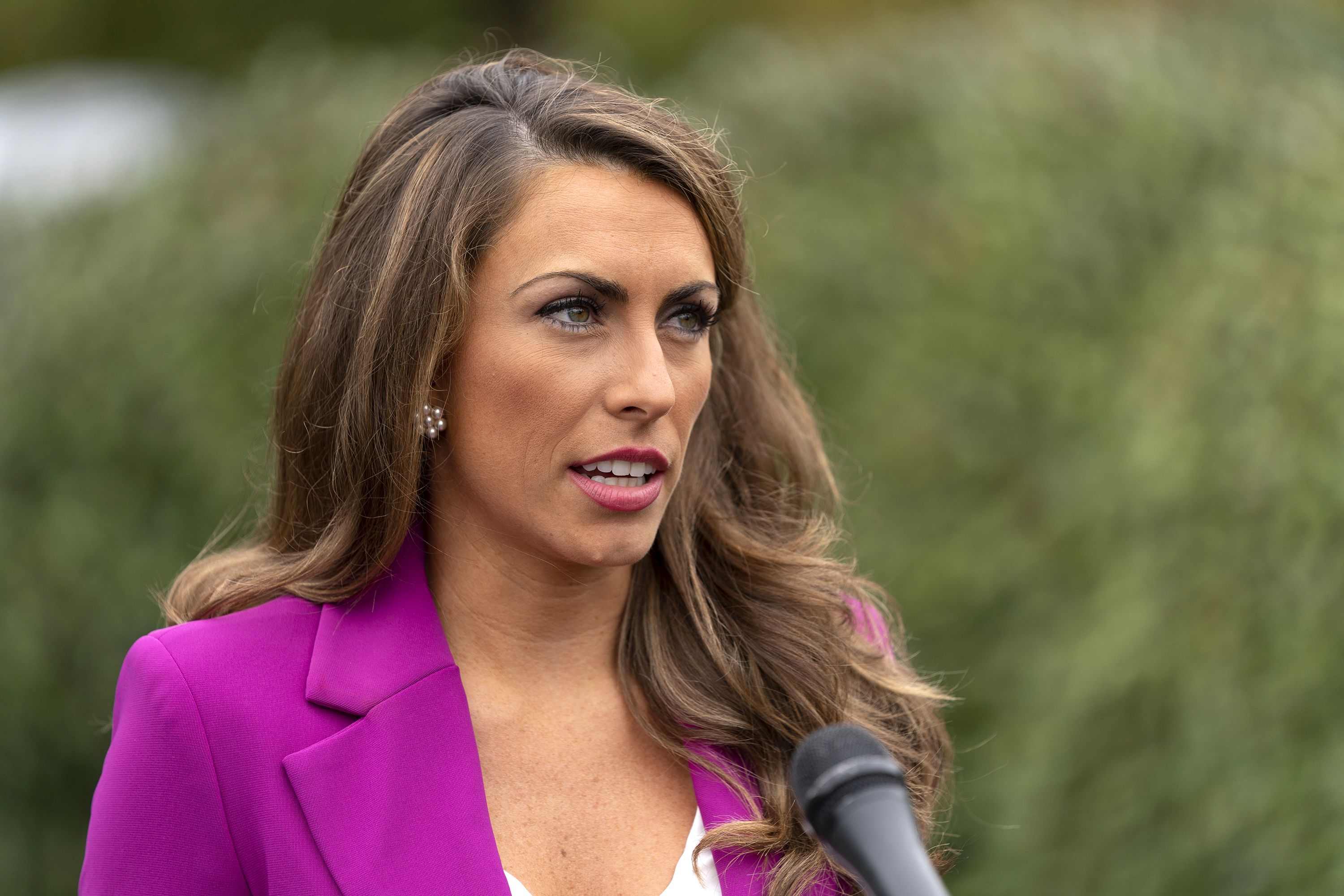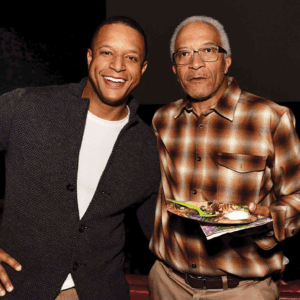Alyssa Farah Griffin Faces Boycott Backlash as Controversial Old Statements from Her Time in the T Administration Resurface

Alyssa Farah Griffin, a prominent political commentator and former communications director for the Trump administration, is currently at the center of a significant backlash after controversial statements she made while in office have resurfaced. This renewed scrutiny has sparked calls for a boycott against her, particularly among those opposed to her previous political affiliations. As the public discourse grows increasingly polarized, this incident underscores how previous remarks can significantly influence an individual’s public image and career trajectory.
The Fallout from Resurfaced Statements

The resurgence of Alyssa Farah Griffin’s past comments has prompted widespread discussion on social media and beyond. Critics are pointing to her remarks as evidence of a broader trend within politics, where evolving views and past affiliations come under fire. This situation raises important questions about accountability and redemption in political life. Griffin’s comments, which many have labeled as insensitive or misguided, have drawn ire from various activist groups and political commentators.
The backlash isn’t merely a matter of criticism; it has escalated into a coordinated effort to undermine her professional opportunities. Calls for a boycott highlight a growing frustration within certain political factions who believe figures like Griffin should face long-term consequences for their past choices. The implications of this are profound, suggesting that past statements can lead to severe repercussions that extend far beyond their original context.
The Public Response and Boycott Movement

The call for a boycott against Alyssa Farah Griffin has gained momentum across digital platforms, with many users sharing their sentiments under various hashtags. This grassroots movement is aimed at curtailing her visibility and influence in media and political circles. As social media amplifies these voices, some are questioning whether this kind of activism is productive or simply a way to silence dissenting perspectives.
Moreover, the principles forcing this boycott bring to light a critical aspect of contemporary political discourse: the demand for consistency and integrity from public figures. Supporters of the boycott argue that promoting individuals with controversial pasts undermines the values of transparency and accountability. As discussions evolve, we see a growing call for a new standard in public life where one’s past cannot easily be overshadowed by current rhetoric.
Navigating a Divided Political Landscape

This situation involving Alyssa Farah Griffin illustrates the complexities of navigating a sharply divided political environment. In the time since she left her role in the Trump administration, Griffin has repositioned herself as a commentator with more moderate views. However, her past associations continue to haunt her in the eyes of critics who remain unwilling to let go of their grievances. This perpetual scrutiny accentuates how difficult it can be to evolve one’s public persona in a climate that often prioritizes ideological purity over dialogue.
As the call for a boycott continues, the conversation also touches on the broader themes of forgiveness and growth in public life. It raises the question: can someone truly change their views, or does their past define them forever? For supporters of Griffin, the crucial point is whether people are afforded the opportunity to learn from their mistakes and move forward without being held hostage by their earlier beliefs. The call for balance and understanding amidst sowing division is a recurring theme worth examining in our current political landscape.
Conclusion

The backlash against Alyssa Farah Griffin highlights critical issues surrounding accountability, ideology, and personal growth in politics. As public figures navigate the complexities of their past and present, the way society responds can either forge pathways for dialogue or deepen divisions. As this conversation unfolds, it is essential to consider the real impact of boycotts and public pressure, both on the individuals involved and the greater political discourse. For those interested in advocating for a more thoughtful approach to political discussions, embracing empathy and understanding can pave the way for more constructive conversations. Engage with us as we continue to explore these ideas and their implications for the future of political dialogue.






